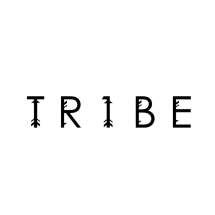Indigenous music streaming platform puts focus on artists
Read this article for free:
or
Already have an account? Log in here »
To continue reading, please subscribe:
Monthly Digital Subscription
$0 for the first 4 weeks*
- Enjoy unlimited reading on winnipegfreepress.com
- Read the E-Edition, our digital replica newspaper
- Access News Break, our award-winning app
- Play interactive puzzles
*No charge for 4 weeks then price increases to the regular rate of $19.00 plus GST every four weeks. Offer available to new and qualified returning subscribers only. Cancel any time.
Monthly Digital Subscription
$4.75/week*
- Enjoy unlimited reading on winnipegfreepress.com
- Read the E-Edition, our digital replica newspaper
- Access News Break, our award-winning app
- Play interactive puzzles
*Billed as $19 plus GST every four weeks. Cancel any time.
To continue reading, please subscribe:
Add Free Press access to your Brandon Sun subscription for only an additional
$1 for the first 4 weeks*
*Your next subscription payment will increase by $1.00 and you will be charged $16.99 plus GST for four weeks. After four weeks, your payment will increase to $23.99 plus GST every four weeks.
Read unlimited articles for free today:
or
Already have an account? Log in here »
Hey there, time traveller!
This article was published 28/10/2019 (2240 days ago), so information in it may no longer be current.
It’s a remarkable — and profitable — time in Indigenous music.
For five years, Indigenous performers have won many of the major Canada’s music scene awards.
In 2014, Inuk singer Tanya Tagaq won the prestigious Polaris Music Prize — the first Indigenous musician to do so. Cree music icon Buffy Sainte-Marie won it in 2015, followed by Afro-Colombian/Wayuu artist Lido Pimienta in 2017, and Wolastoqiyik musician Jeremy Dutcher in 2018.
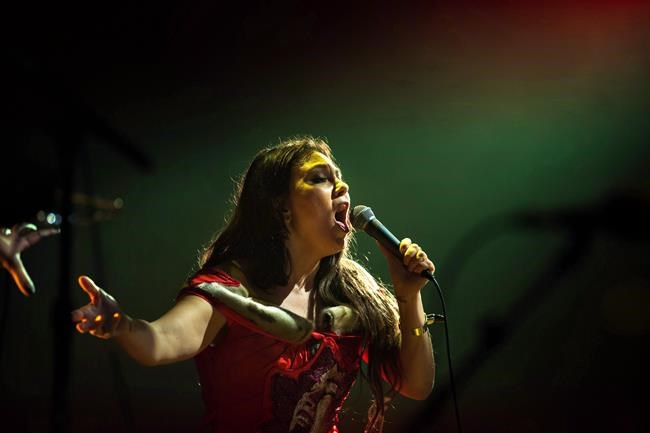
Indigenous hip-hop group A Tribe Called Red win a 2014 Juno award for breakthrough group of the year. In 2017, Tribe won album of the year at the Canadian Independent Music Awards, as well as video of the year at the Much Music Video Awards. They capped an incredible run by winning group of the year at the 2018 Junos.
The 2017 documentary Rumble: The Indians Who Rocked the World premiered at the Sundance Film Festival, and won the best documentary award at Toronto’s Hot Docs Festival.
With all of this success has come attention, impact, and money — but no one knows how much. To find out, APTN this year launched Canada’s first Indigenous music impact study, looking at the challenges, success stories, and profit the industry produces.
What Indigenous musicians do know is success hasn’t come from music streaming platforms Spotify, Apple Music, Pandora, Amazon Music, and others.
“I make very little money on streaming platforms,” Cree musician Tara Williamson says from her home in Victoria. “Most of the income I make from my music comes from performing live, merchandise, and digital purchases (such as iTunes).”
Williamson is not alone.
The music industry is healthy (in 2018, revenues from recorded music in the United States grew 12 per cent to US$9.8 billion at estimated retail value) and this in large part due to streaming platforms.
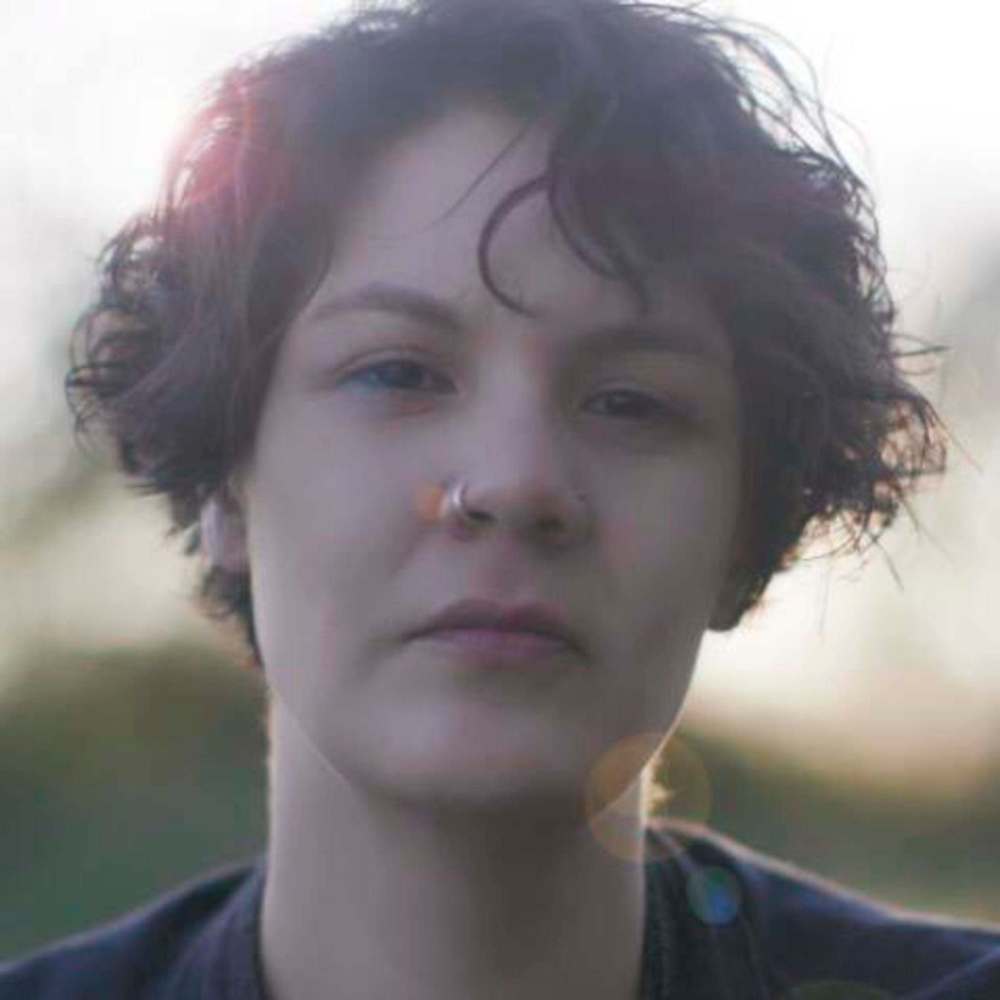
Money from streaming services, however, isn’t making it to the artists.
According to a study by Digital Music News, platforms such as Spotify pay between US$0.004 and $0.006 per song play — meaning musicians require around 340,000 plays to earn US$1,500.
YouTube is worse, paying artists US$0.00069 per stream. At that rate, a musician needs more than two million plays to make US$1,500.
Artists are now demanding a bigger cut. This month, more than 200 Quebec musicians signed an open letter asking legislators to intervene, complaining income from streaming services “does not come close to paying proper value for our music.”
Indigenous artists not only make little money on streaming platforms but get barely any attention as mainstream, “proven” artists are given most advertising and “recommendation” than newer, emerging ones.
A CBC story with industry Braydon Stachel cited 60 per cent of Indigenous music (particularly older music) is not present on streaming platforms at all.
This all has created an oddity: Indigenous music is doing better then ever, but Indigenous artists are being left behind.
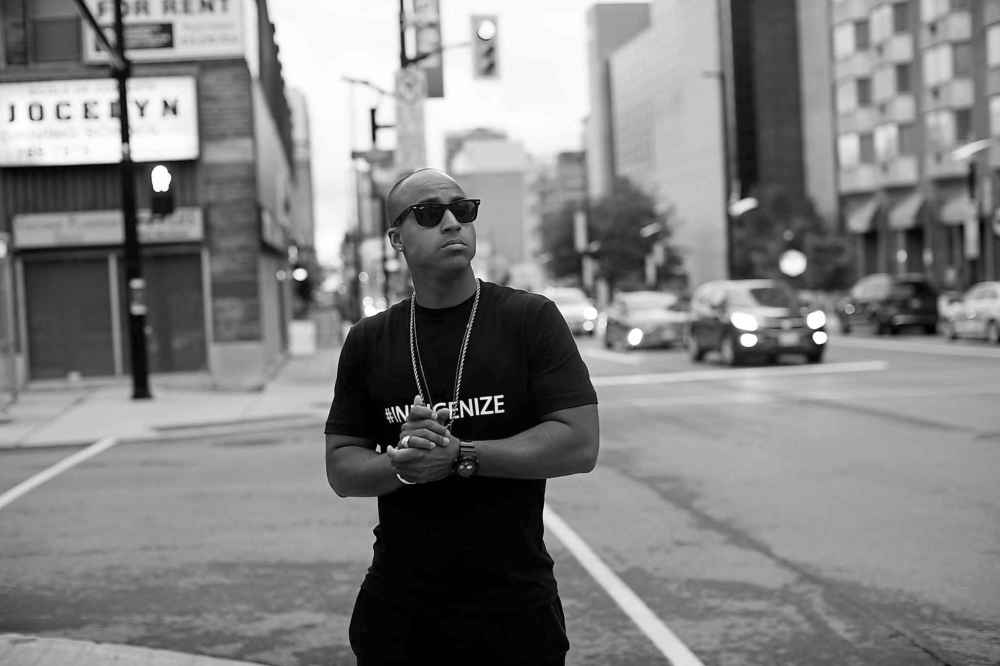
Lakota/Jamaican rapper and musician Jah’kota (Justin Holness) thinks he has an answer: TR1BE, the first Indigenous-owned streaming platform.
Launched Oct. 1, the platform offers subscribers exclusively all-Indigenous music for only $9 a month. Only a few weeks old, TR1BE hosts music from eight Indigenous musicians, ranging from the group Stoik (featuring Drezus and Aleah Belle) to new artists such as Anishinaabe singer Mary Bryton — and will host any Indigenous musician for free.
Holness, an Ottawa-based, 32-year old entrepreneur, has also placed his album Woke (nominated for a 2019 Indigenous Music Award) on the streaming site.
While some musicians are wary or haven’t heard of TR1BE, several said they appreciate the commitment by Holness to pay artists fairly. (“It certainly sounds impressive,” said Williamson.)
TR1BE promises a 60/40 split (favouring artists) on every $9 subscription. This means $5 goes directly to the artist and $4 to events that support Indigenous artists, such as an annual Indigenous music and art festival in Ottawa.
“We’re just in just Phase 1,” Holness says, “but TR1BE is centred on the principle that we have to add to the Indigenous music community first and foremost.”
There is one problem: no app — yet. Subscribers can only stream music off the TR1BE website for now. (“An app like Spotify is coming soon,” Holness says.)
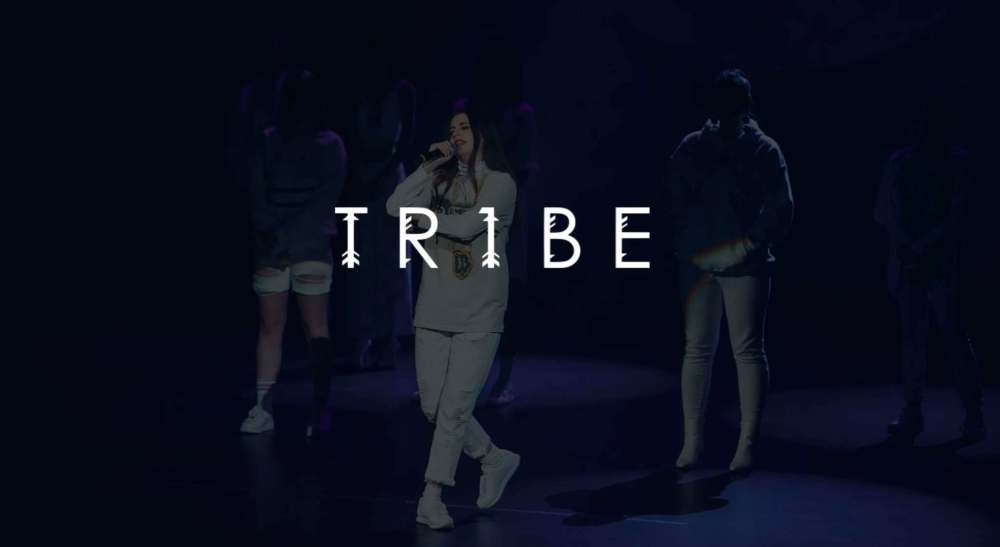
Holness also promises subscribers the ability to make playlists, have recommended music, and even eventually “exclusive content like videos, interviews and songs.”
If successful, TR1BE will connect Indigenous artists with fans in ways never before, giving them the attention and compensation they’ve earned.
“It’s my goal to make a career possible for any Indigenous musician,” says Holness, “and it begins by respecting them and their art. That’s how you build the future.”
niigaan.sinclair@freepress.mb.ca

Niigaan Sinclair is Anishinaabe and is a columnist at the Winnipeg Free Press.
Our newsroom depends on a growing audience of readers to power our journalism. If you are not a paid reader, please consider becoming a subscriber.
Our newsroom depends on its audience of readers to power our journalism. Thank you for your support.





